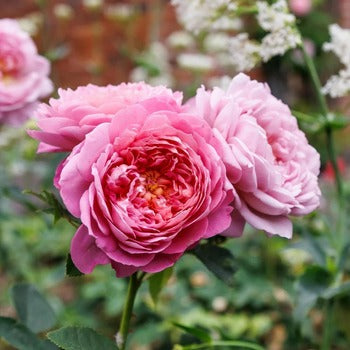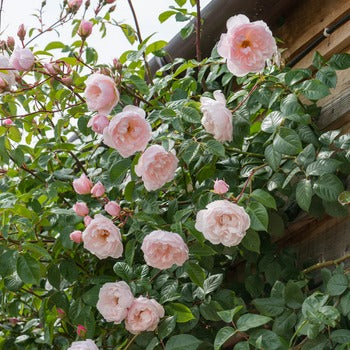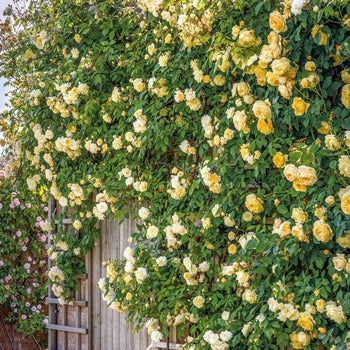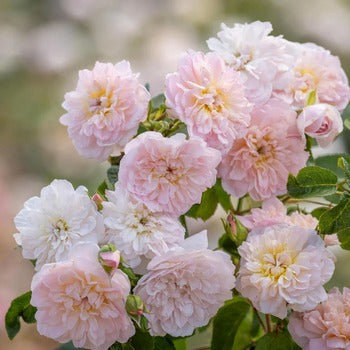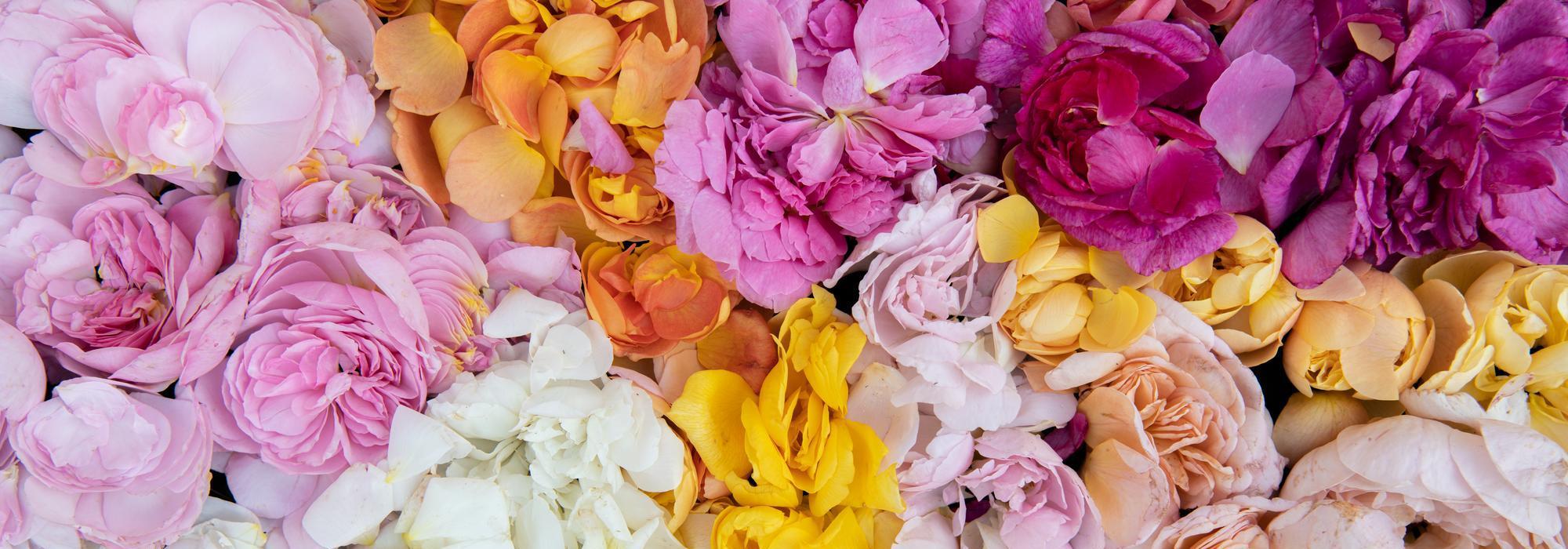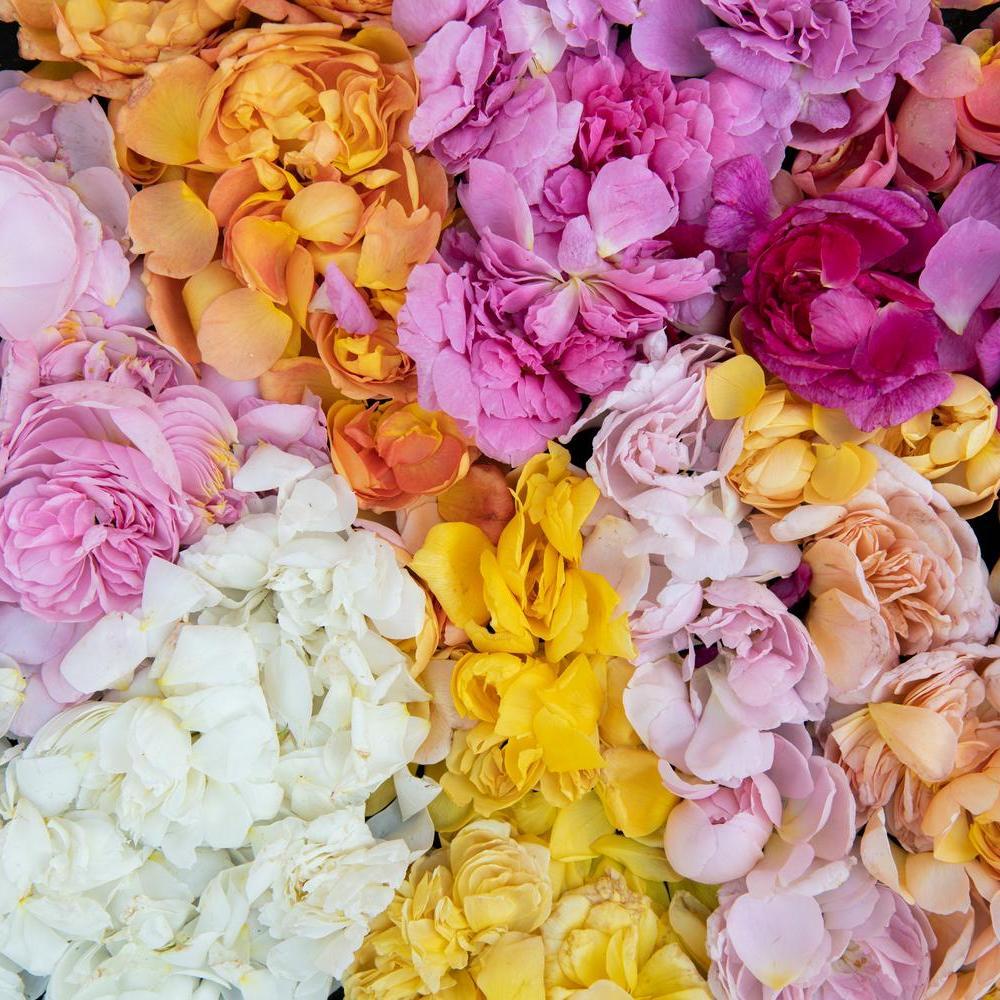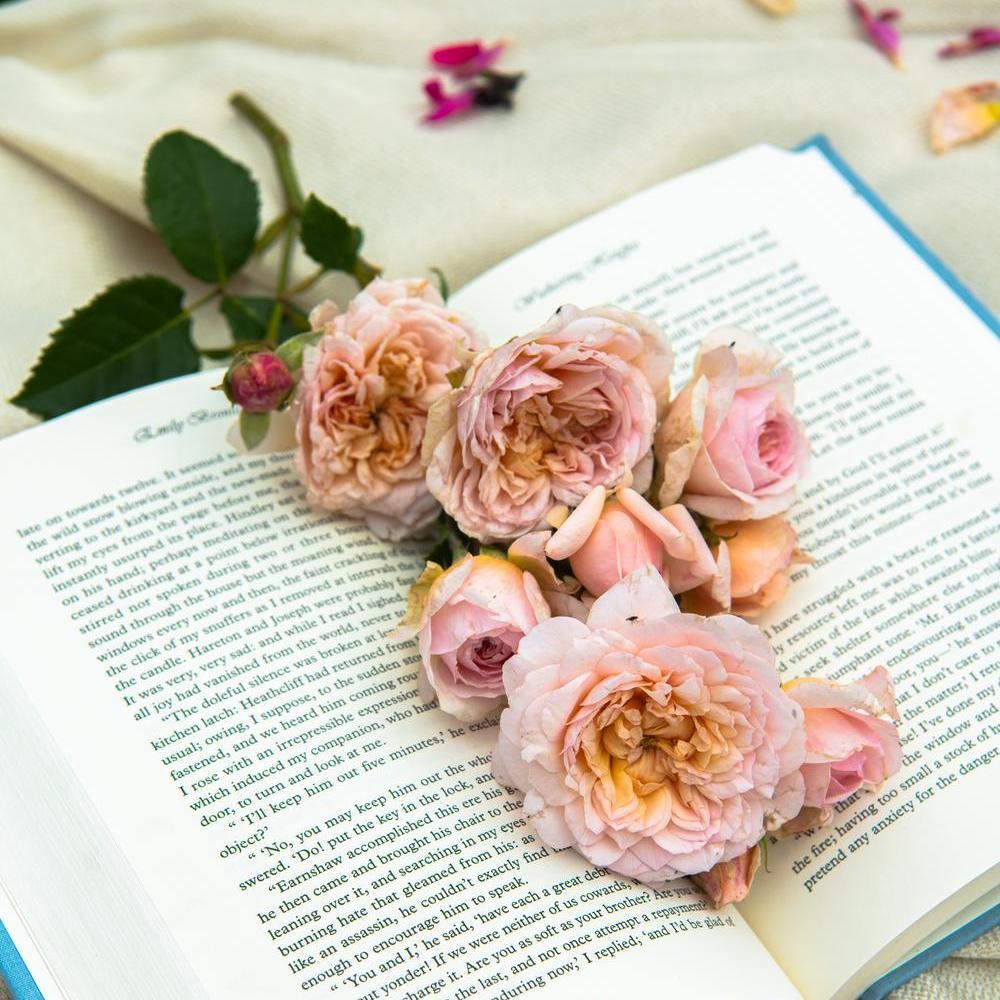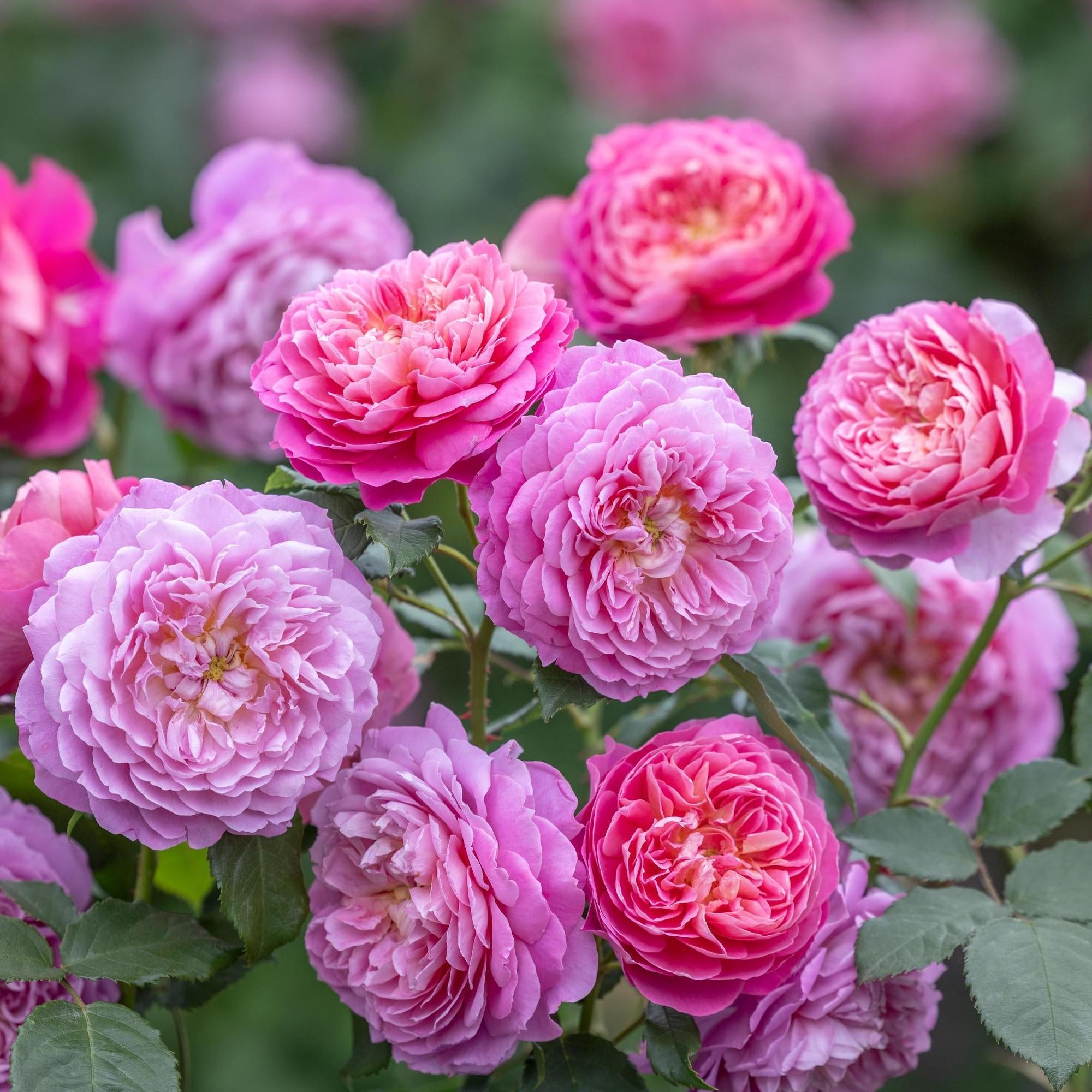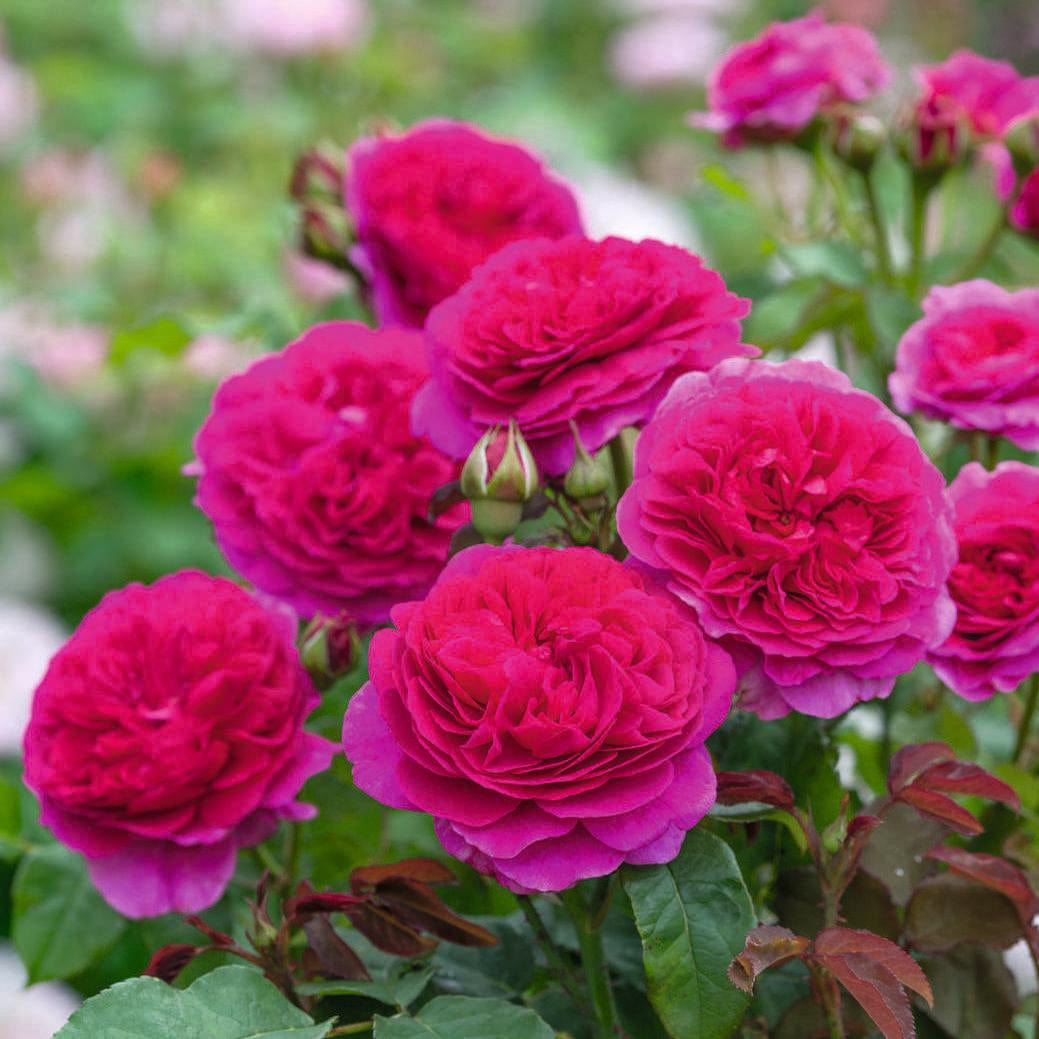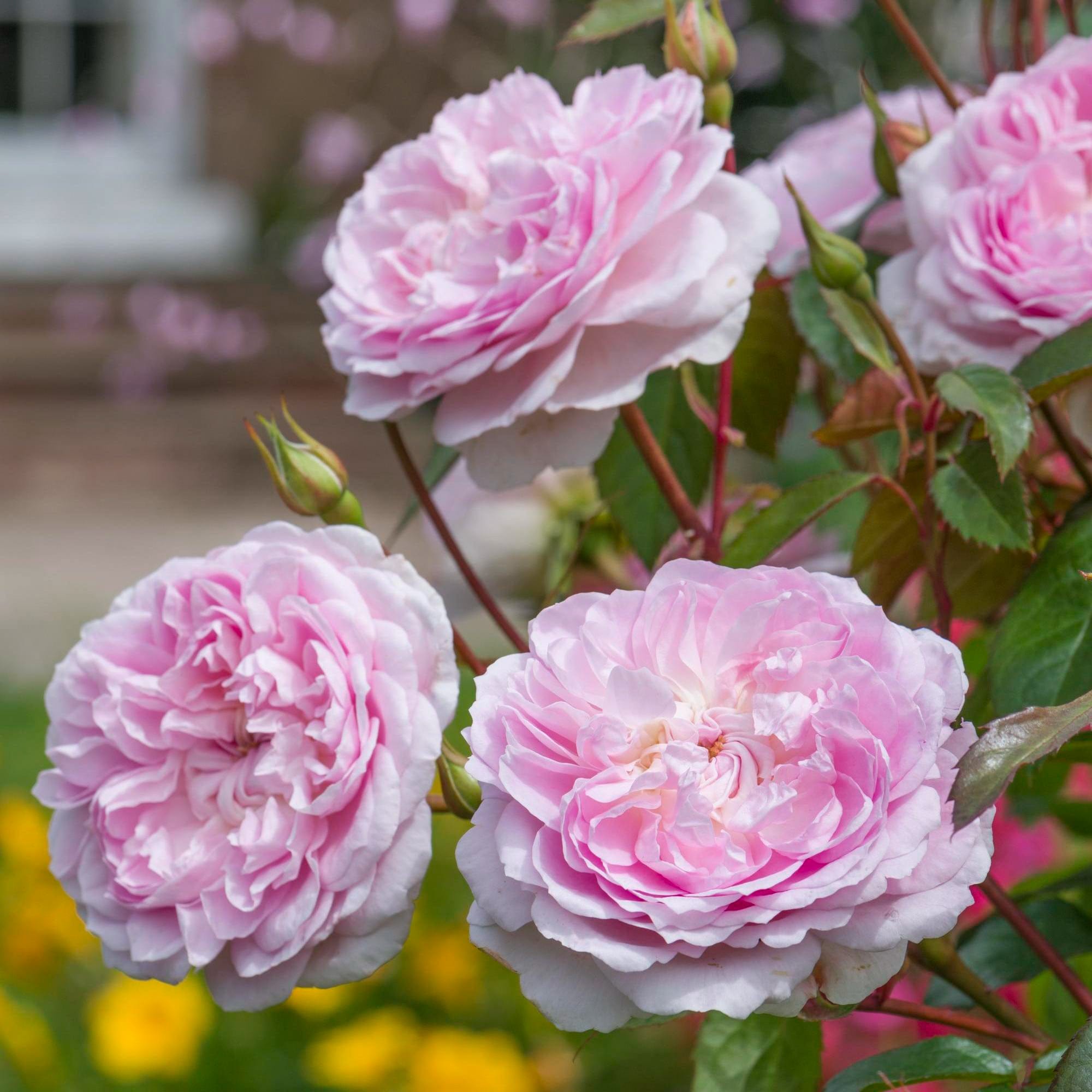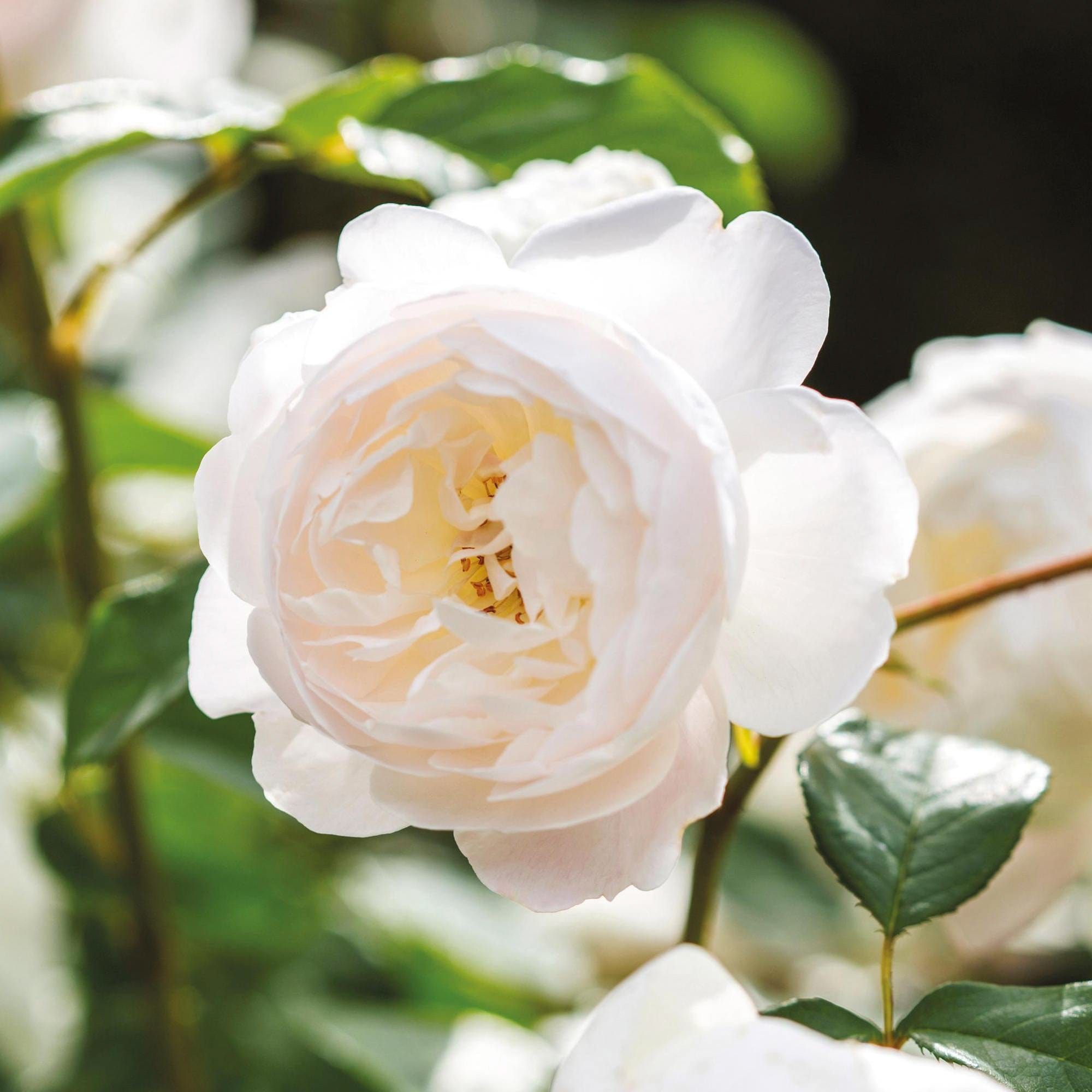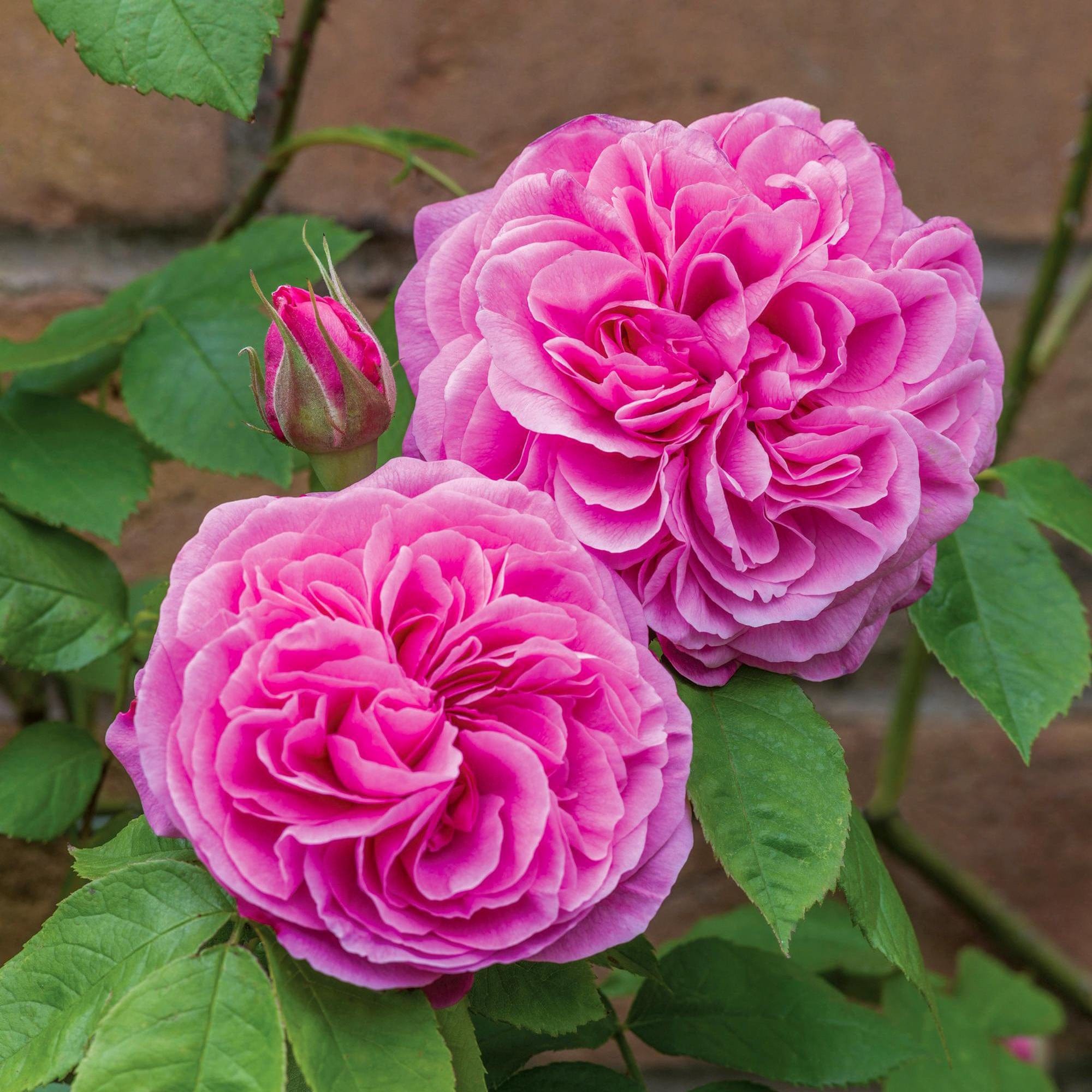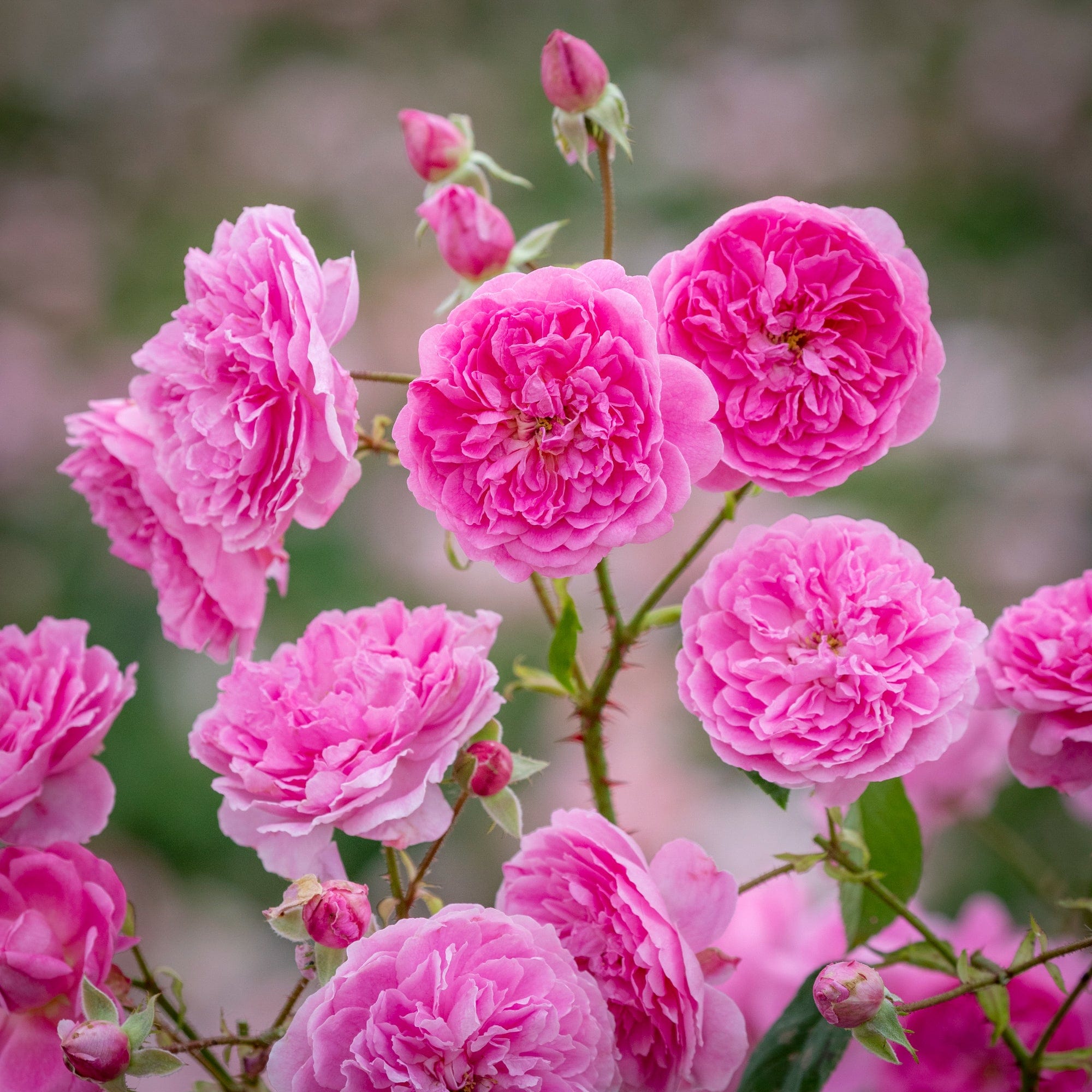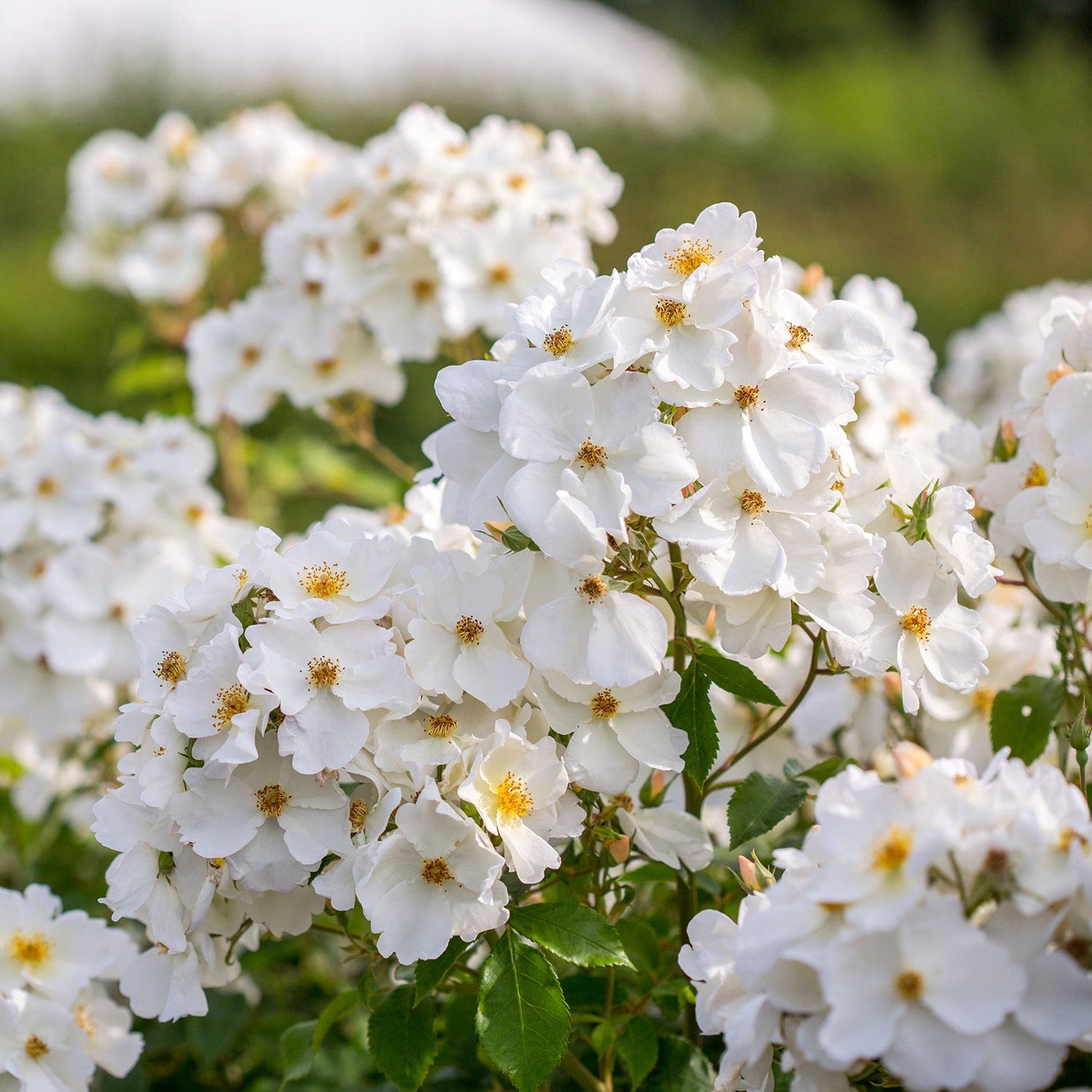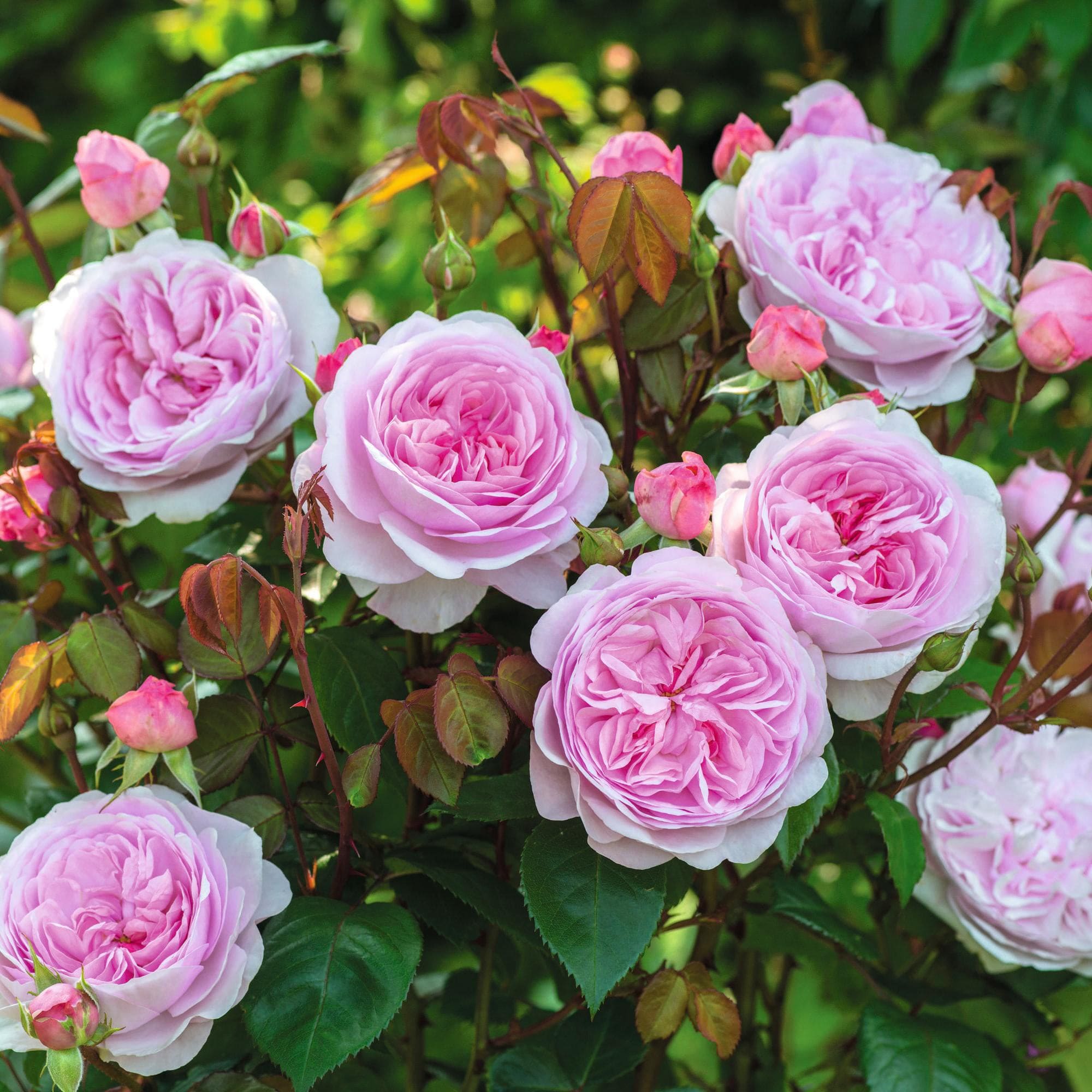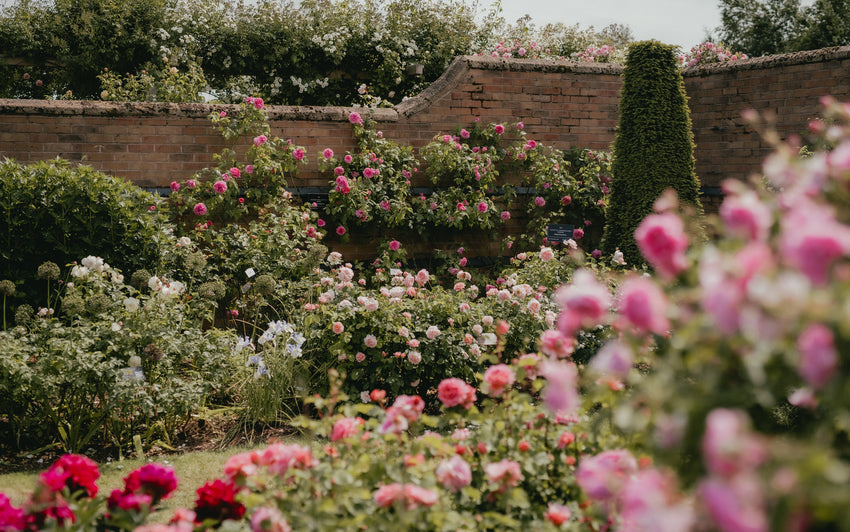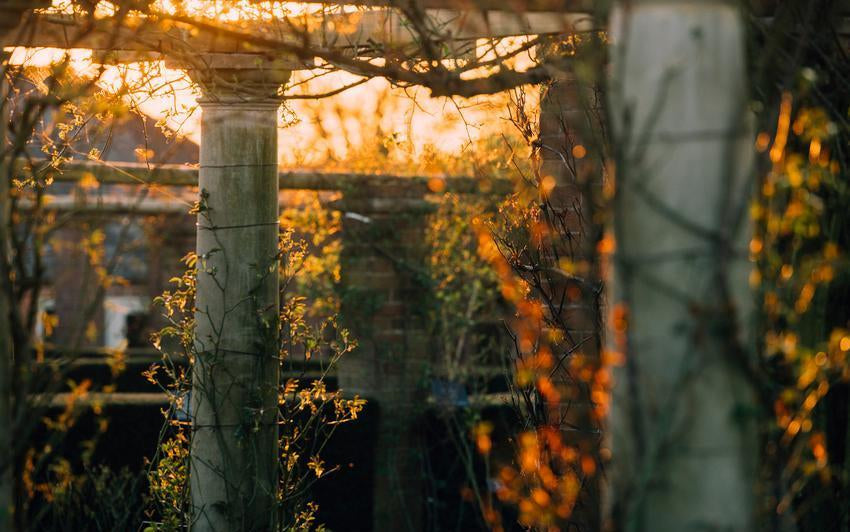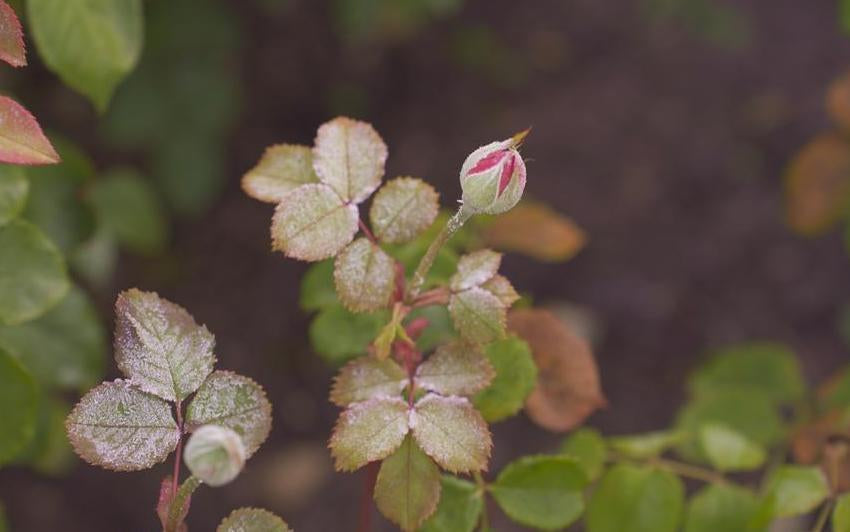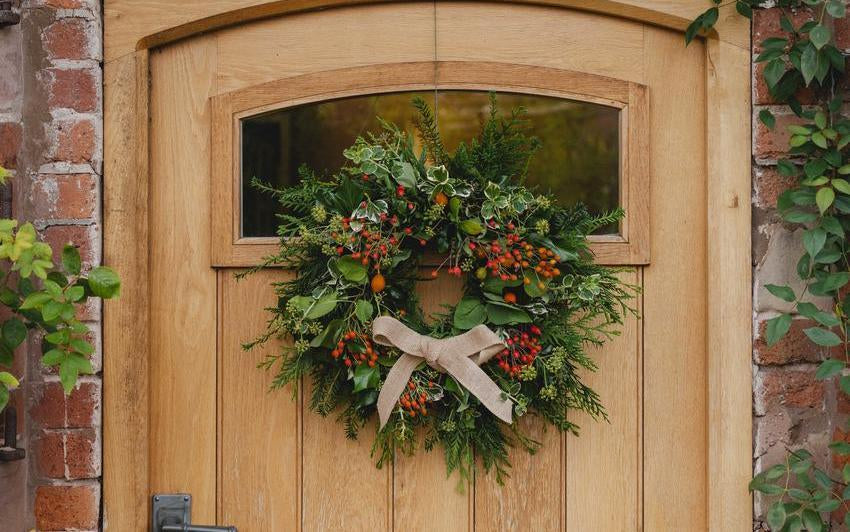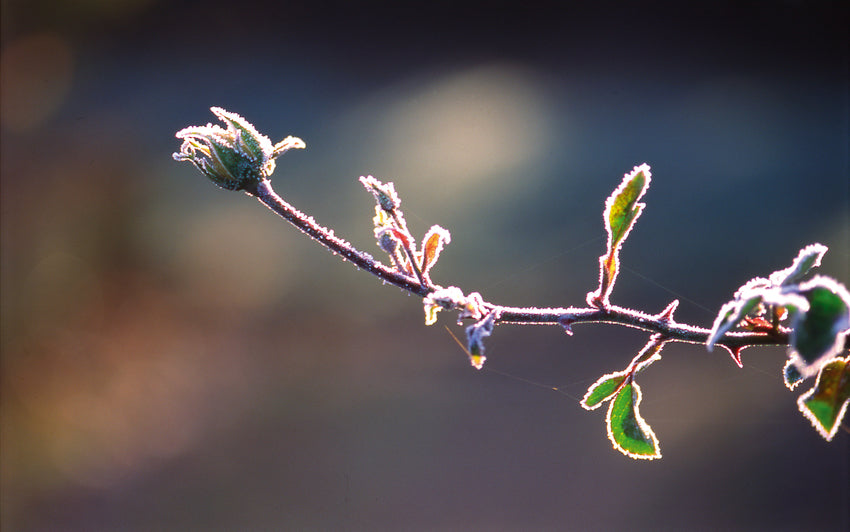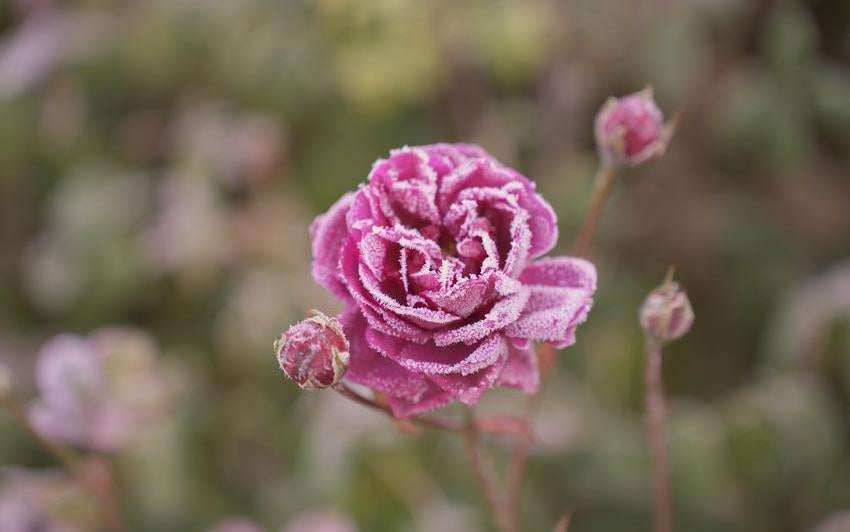A Gardener’s Guide to Making the Most of Every Bloom
Deadheading roses can feel a bit like clearing up after something wonderful. One flower fades, its colours softening and edges curling, while another is just beginning to open, full of promise. Suddenly your hands are full of petals - soft, warm from the sun, and still carrying that unmistakable, subtle scent of the garden. It’s easy to let them drop back to the soil, returning to where they came from. But sometimes they feel too lovely to leave behind, as though they’ve still got more to offer.
Pressed and Kept
Rose petals press beautifully, each one a little different in shape and colour, like a tiny snapshot of the flower it came from. Pressed between the pages of a heavy book, they slowly dry out and flatten, becoming delicate and papery but still holding their character. After a couple of weeks, they’re ready to use - perfect for slipping into a card, making bookmarks, or adding to paper collages and other crafts.
They also work wonderfully as natural confetti. Light and biodegradable, rose petals are easy to scatter at celebrations, adding a simple, charming touch without any mess or fuss. Whether spread over a table or tossed by hand, they bring a bit of the garden’s spirit to any occasion.
If you find yourself with more petals than you can use at once, they dry easily spread out on a tray in a warm, well-ventilated spot. Once dried, store them in a paper bag or jar out of direct sunlight until you’re ready to use them.
A Jar of Petals and Scent
Some gardeners find joy in collecting petals over time, layering them carefully in a glass jar without much plan or fuss. A few from today, a few from last week, each with its own shade and softness. The colours don’t quite match, but that’s part of the charm - a natural collage of summer’s passing. Add a sprig of rosemary or a few dried leaves of mint, perhaps a curl of orange peel picked fresh from the fruit bowl. Nothing complicated, just gentle notes that mingle with the roses. The mixture becomes a personal potpourri – not overly sweet or artificial, but something that, when opened, carries the soft scent of warm afternoons and slow moments.
Make a Batch of Rose Water
Making rose water at home is simpler than you might expect and deeply satisfying. Gather some freshly picked petals and place them in a small saucepan. Add just enough water to cover them gently, then warm it slowly. Don’t let it boil but watch as steam begins to rise and the petals start to lose their colour, their soft pinks and reds fading into the water. Turn off the heat and allow the mixture to cool, then strain the clear, fragrant liquid into a clean jar. It will keep in the fridge for a few days. Use a little to freshen your face on a warm afternoon or spritz a touch on your pillow before sleep. The scent is light and fleeting, not overpowering - a subtle reminder of the garden’s presence.
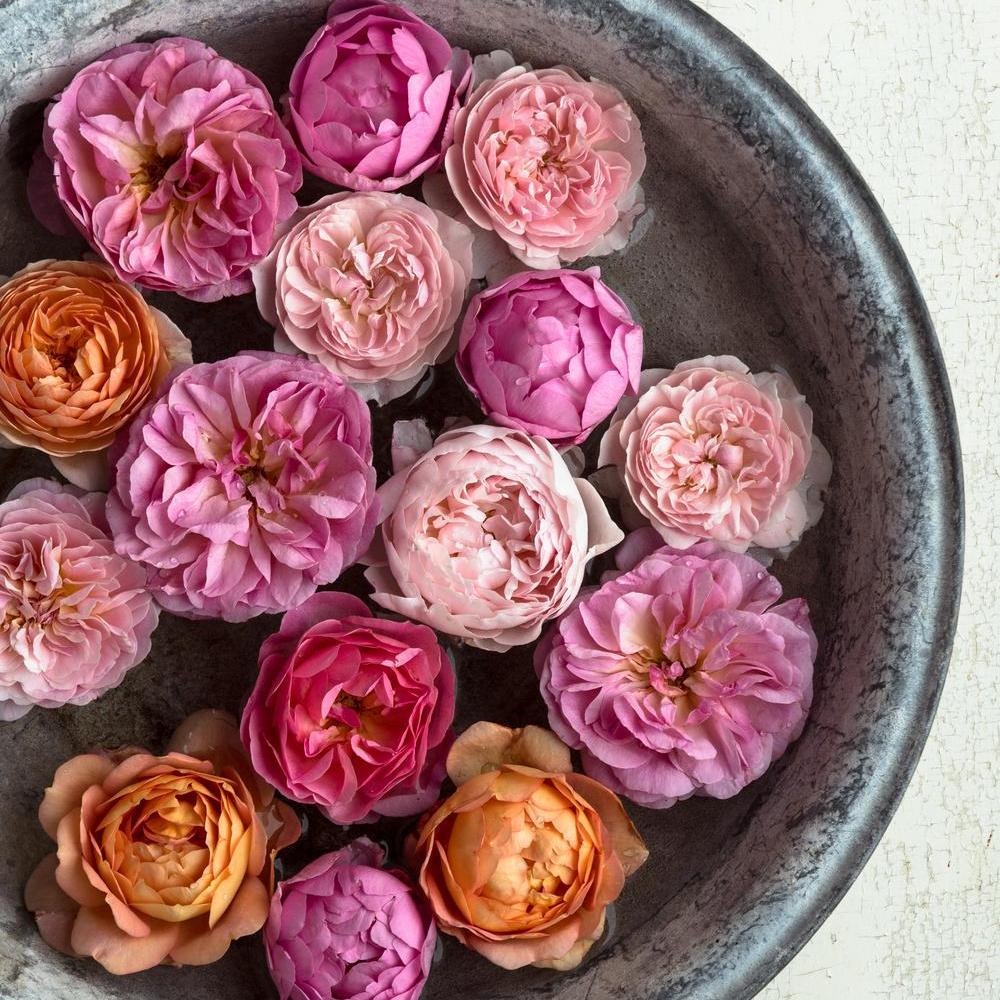
Scent the House with a Simmer Pot
Another simple pleasure comes from simmering rose petals on the stove. Fill a pan with water and add a handful of petals, perhaps a cinnamon stick or a few thin slices of lemon if you like. Let it simmer gently, the heat coaxing out a soft, natural fragrance that drifts through the kitchen and beyond. It is never cloying or overpowering, but rather warm and familiar - like a memory of the garden just beyond the window, carried indoors on a soft breeze and a way to fill the house with something gentle and reassuring.
Let Them Fall, If You Prefer
And of course, not every petal needs to be gathered. Many are best left to fall and return to the soil beneath the rose bush. They break down quickly, adding a little organic matter and feeding the life in the soil - nothing dramatic, but part of the slow, steady rhythm that keeps a garden thriving.


